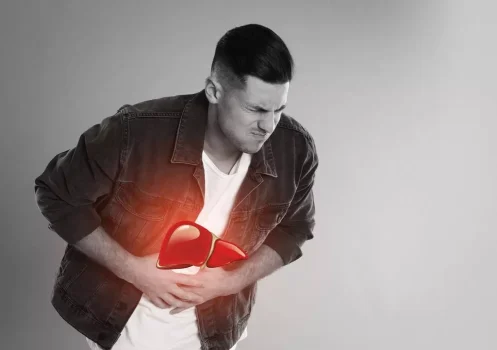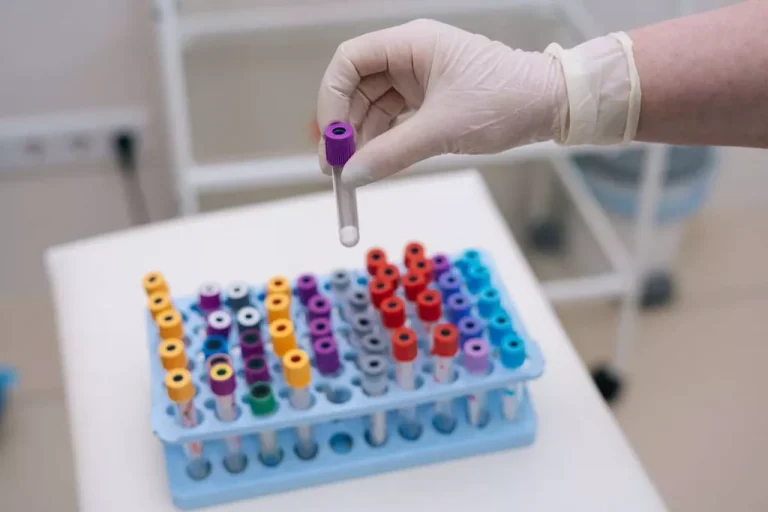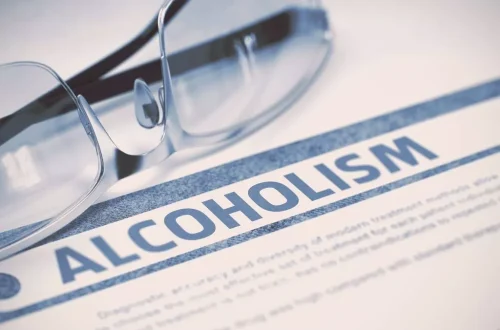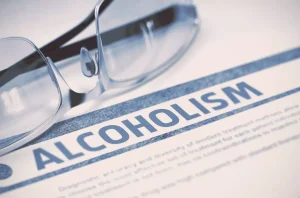
If a mental health disorder like depression is left untreated, a person may relapse to drinking in order to cope with depression symptoms. Alcohol use disorder, which was once known as alcoholism, is a medical diagnosis and a mental disorder that’s related to biological, genetic, environmental, and social factors. If you or a loved one is struggling with alcohol use disorder, help is within reach. Treatment approaches like those at Recovery Unplugged focus on whole-person healing, addressing alcohol addiction as a disease and considering the mental, emotional, and behavioral factors that contribute to it.
Learn About Addiction
Consuming 3 or more drinks may have caused intoxication previously, but once a person has an alcohol use disorder, they may not even feel impaired until consuming much more than this. In the case of an alcohol use disorder, alcohol will take precedence over other areas of life, including important relationships. A person may choose to drink, even if their spouse expressed concern over their alcohol consumption. A person with an alcohol use disorder may appear as if they are isolating themselves from friends, family, Sobriety and their usual activities. This is because alcohol begins to take precedence over other areas of life. It may seem as if a person with an alcohol use disorder is no longer interacting socially, or they may only socialize when an activity involves alcohol consumption.
How Alcoholism Develops
For those who’ve sought professional help and inpatient rehab treatment, relapses can be discouraging. He participated in 12-step programs for support and accountability, and he underwent cognitive behavioral therapy to explore the thought patterns and behaviors connected to his substance use. Effective Therapy Methods for Common Mental Health Issues Do you feel sad or have anxiety that makes daily life a little hard to manage? Maybe past experiences still weigh on you, or you find yourself leaning on substances to navigate life’s challenges. Alcohol is a depressant, slowing mental and physical responses, and affecting mood, energy, coordination, concentration, and decision making.
Take the first step towards recovery
You might try to drink more alcohol to get rid of these symptoms, but using alcohol to manage your mental health instead of getting help can lead to more problems. Binge drinking is when you drink a lot of alcohol in one day — more than 8 units of alcohol per day for men and more than 6 units of alcohol per day for women, with 1 unit of alcohol being equal to half a pint. If you keep drinking a lot of alcohol, it can cause more problems and make your depression and anxiety worse over time. While this can feel good for a short time, this effect doesn’t last for long.
- This places it in the same category as other mental illnesses, recognizing that it involves significant brain function changes and needs to be treated seriously.
- There will be a difference in compassion satisfaction among mental health researchers according to the above work, health and socio-demographic factors (i-vii).
- We’re stuck in one of the most frustrating types of prisons — one that locks us inside our own mind.
- Benzodiazepines are effective for the management of symptoms as well as the prevention of seizures.
- At this point, the drinker has to have alcohol in their systems pretty much at all times when they are awake, or they will immediately suffer from withdrawal symptoms because the brain has become programmed to expect alcohol in the body at all times.
Is Alcoholism A Mental Disorder?

For some people, alcohol dependence can also cause social problems such as homelessness, joblessness, divorce, and domestic abuse. Recognizing that this was an emergency situation and that alcoholics have an increased rate of suicide (Hirschfeld and Russell 1997), the emergency room clinician admitted the patient to the acute psychiatric ward for an evaluation. The clinician also obtained the patient’s permission to speak with his wife. Despite the patient’s denial of alcoholism, this interview with a collateral informant corroborated the clinician’s suspicion that the man had long-standing problems with alcohol that dated back to his mid-20s. Moreover, a review of the patient’s medical records showed a previous hospitalization for suicidal ideation and depression 2 years earlier, after the patient’s mother had died. Alcohol-induced psychiatric disorders may initially be indistinguishable from the independent psychiatric disorders they mimic.

What is Alcohol Use Disorder (AUD)?

Around 18 percent of the general population have a co-occurring anxiety disorder of some form.4 Social anxiety disorders have a particularly strong link to marijuana use problems. BetterHelp offers affordable mental health care via phone, video, or live-chat. In this video, a medical team discusses alcohol use disorder and we are introduced to a man who explains his own experiences and struggles with alcohol. We feel bad about falling back into old patterns and might try to stop, only to suffer from withdrawal symptoms and stress that comes with them.
Robert M Anthenelli, M.D.
Commonly used medicines in this group include chlordiazepoxide is alcoholism considered a mental illness (Librium) and lorazepam (Ativan). Some doctors prefer phenobarbital over benzodiazepines to treat alcohol withdrawal symptoms. If you have withdrawal symptoms from drinking, then you have consumed enough alcohol to damage other organs. Your doctor will want to evaluate you for alcohol-related damage to your liver, heart, the nerves in your feet, blood cell counts, and gastrointestinal tract. Your doctor will assess your nutritional status and check for vitamin deficiencies. The FHE Health team is committed to providing accurate information that adheres to the highest standards of writing.

